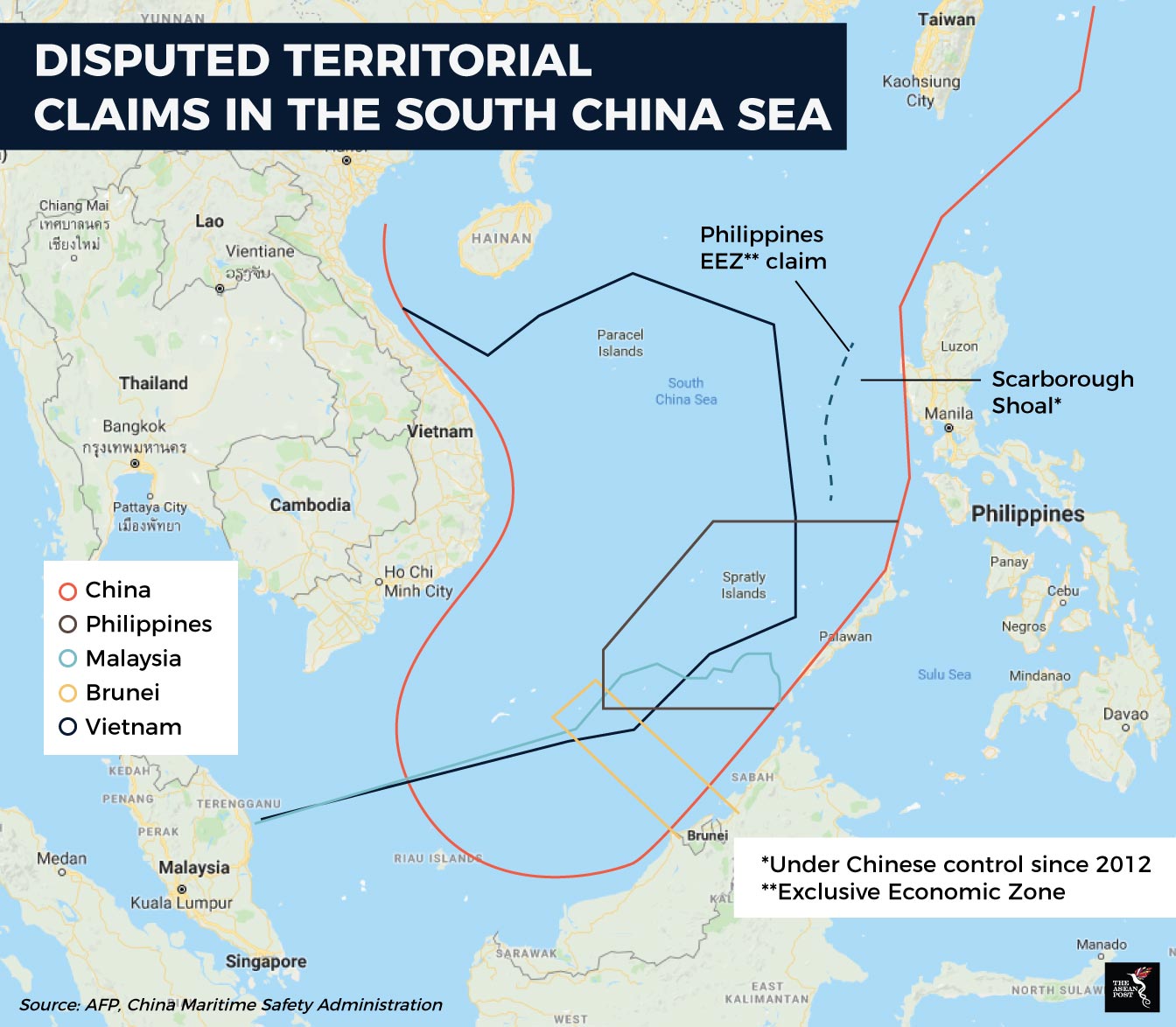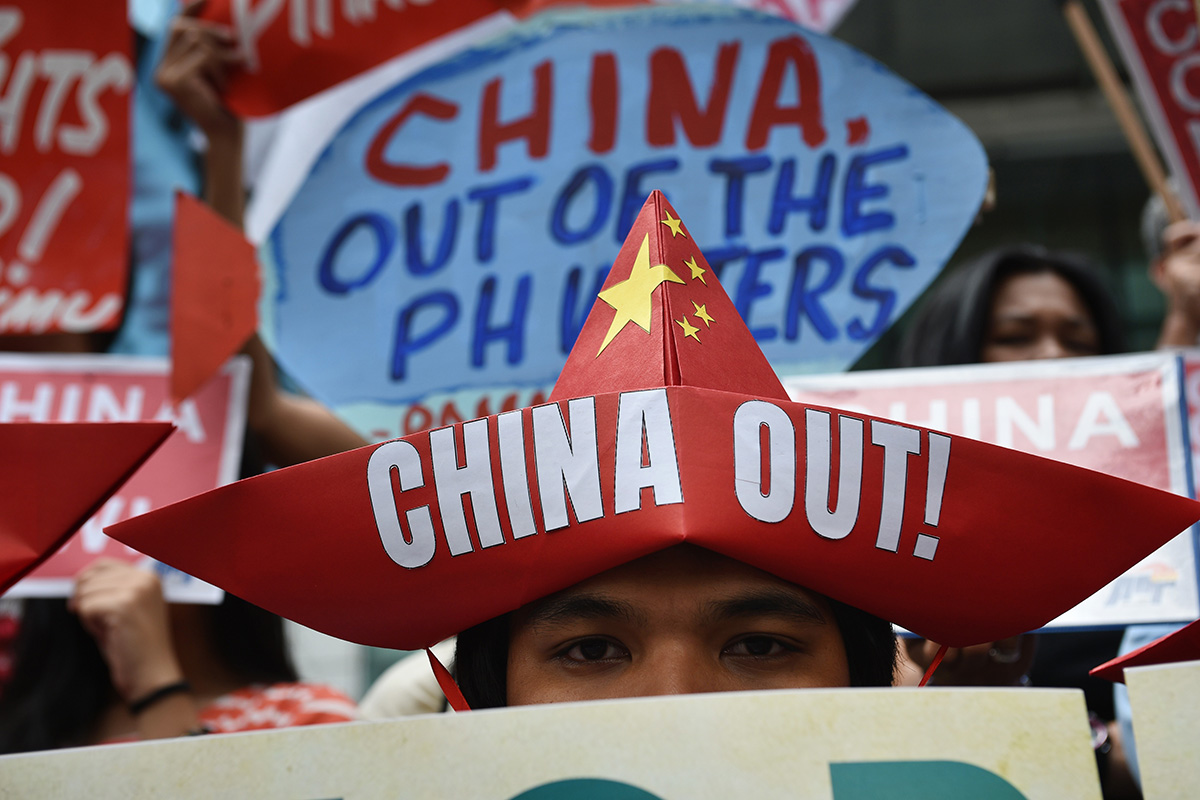In recent times, China has been strengthening its relations with Association of Southeast Asian Nations (ASEAN) member states. The two parties have agreed on a series of new initiatives to grow bilateral ties and towards the later part of this year, are expected to hold their first joint naval drills. This clearly shows the maturing nature of the relationship between the two sides as well as China’s advent as a prominent force in the region.
However, maritime disputes remain an ongoing issue between the Asian powerhouse and some of ASEAN’s member states, namely Vietnam, Malaysia, Brunei, Indonesia and the Philippines. The South China Sea dispute is a growing concern that was raised at the recent ASEAN foreign ministers meeting in Singapore. This serves as a reminder that the dispute continues to remain at the top of the list of issues for ASEAN member states to deal with.
According to Singapore’s Foreign Minister, Vivian Balakrishnan, who chaired the meeting, ASEAN took “…note of the concerns expressed by some ministers on the land reclamations and activities in the area, which have eroded trust and confidence, increased tensions and may undermine peace, security and stability in the region.”
According to a February 2018 article in The Diplomat, the statement above comes at a time when various reports have noted that in 2017, Beijing has already reclaimed as much as 290,000 square meters across the disputed Spratly chain of islands, that lies off the coasts of the Philippines.
The Sino-Philippine situation
China’s extension of its footprint in the South China Sea has also created new challenges for its flourishing relationship with the Philippines. According to a news report by Agence France Presse (AFP) this week, China and the Philippines are currently discussing joint mineral exploration in the South China Sea despite an ongoing territorial conflict over the strategic waterway.
The two countries are hoping that discussions will bring about opportunities for them to jointly utilise its resources, the Philippines’ Secretary of Foreign Affairs, Alan Peter Cayetano said.
"We are pushing it aggressively because we need it," Cayetano stated, adding the countries would each form a working group to explore options for joint exploration.
"Then we will find a framework under our constitution that will allow us... to carry out joint exploration. We both want it,” he added.

Ever since President Duterte took office in 2016, law experts and defence analysts have seen a red flag and have censured the down-playing of the Philippines’ claims on the South China Sea just to oblige China which currently lends a hand by providing military and economic assistance to the archipelagic country.
To ensure the public that there will be no loss of sovereignty over their rights, Cayetano said that the Philippines will consult with "international legal experts" beforehand. He also assured that the joint activities to be carried out will be in accordance with the UN Convention on the Law of the Sea (UNCLOS) and will only cover exploration and not actual development.
On the other side
In response to growing public pressure and concerns over the disputed maritime areas, President Rodrigo Duterte has also imposed new limitations on maritime scientific research by Chinese and other foreign entities in the Benham Rise. The Benham Rise is part of the Philippines’ extended continental shelf. The land mass spanning 32 million acres is believed to be rich in maritime resources such as tuna, and is located in the Pacific Ocean, off the island of Luzon. In 2012, the Philippines’ exclusive economic rights to the Benham Rise was recognised by the United Nations.
According to AFP, President Duterte had allowed China to conduct a survey of the Benham Rise earlier this year, which resulted in heavy criticism from experts and the public, alike. On Wednesday, it was reported that the Philippines complained about China’s move to name certain undersea features on the Benham Rise.
"We object and do not recognise the Chinese names given to some undersea features in the Benham Rise," said spokesperson for President Duterte, Harry Roque in a statement.
Although the Benham Rise does not lie within close proximity of the South China Sea, this can be construed as a move by China to claim even more maritime territory in the area. While the Philippines is eager to remain in China’s good books, it also has a duty to protect its maritime sovereignty. It is hoped that dialogue between the two nations will result in a peaceful conclusion to the matter.
